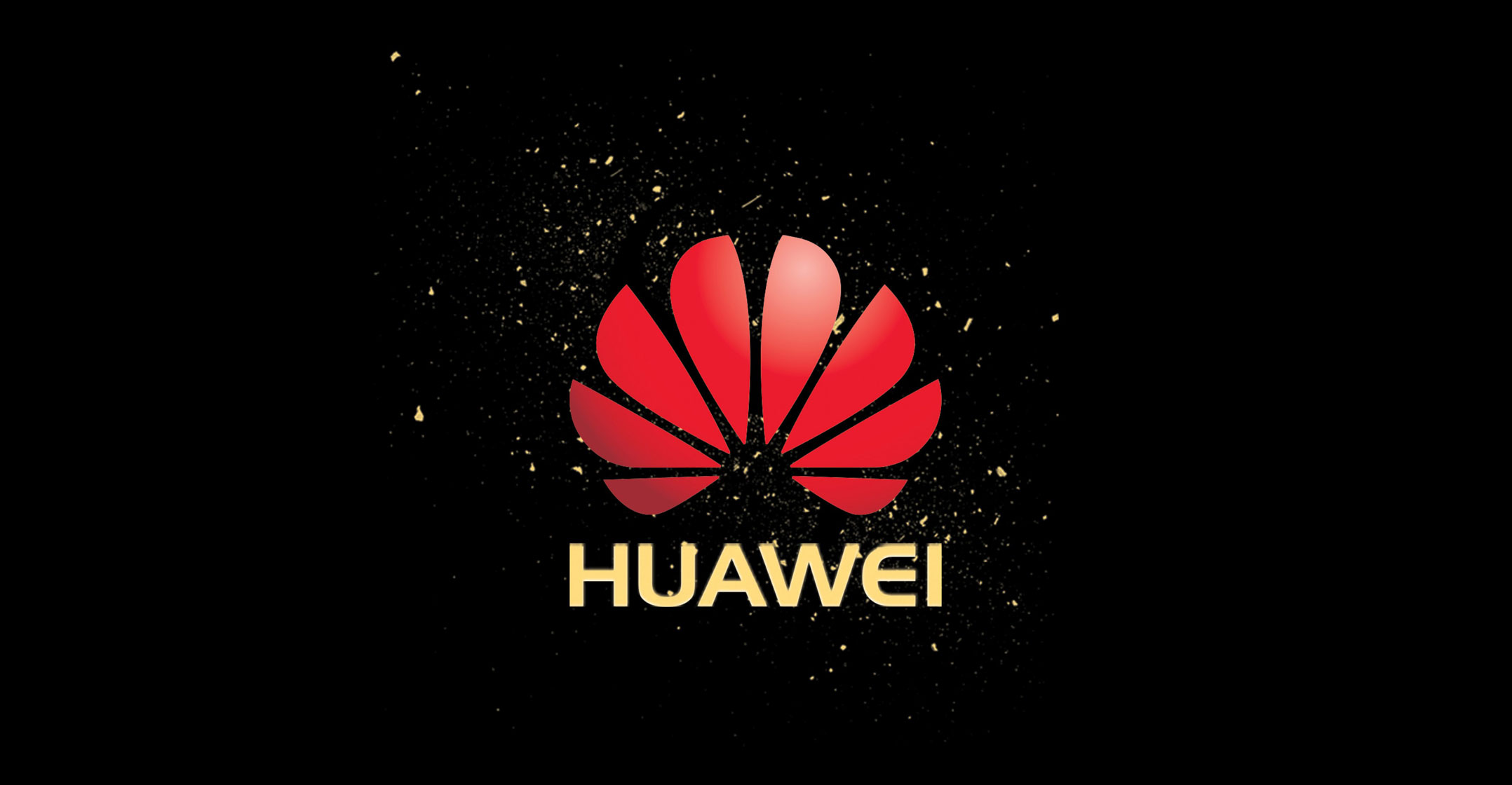
Huawei has rubbished a claim it owes R22m to Fantastic 1 Mobile, with which it partnered in 2016 to open Huawei-branded retail stores across South Africa, saying there is “no basis” to the company’s claim. The stores were closed in October 2017 after Huawei terminated the agreement.
The Chinese consumer electronics giant issued a statement on Friday saying that it is “unaware how the amount of R22m”, which Fantastic 1 Mobile owner Nisaar Ally said is owed, was calculated.
According to its financial records and its discussions with Fantastic 1’s business rescue practitioner, there is “no basis” for claiming this money, Huawei said in the statement e-mailed to TechCentral on Friday afternoon. TechCentral first reported on the dispute on Thursday.
The company did not immediately respond to a question about how much it believes it actually owes its former partner, if anything.
Fantastic 1 was placed into business rescue in June as the company “could not maintain the rental, staff salaries and marketing” expenses associated with running the stores on its own, Ally said. He said Huawei was in breach of its agreement. Fifty employees were retrenched because of the store closures.
Huawei sent Ally a letter on 4 September 2017 in which it said it was “enforcing its right to cancel the agreement and all store plans in their entirety” with effect from 4 December 2017. After receiving the termination notice, Ally was advised to close the stores or risk running up further debts.
Fantastic 1 signed the agreement with Huawei in late 2016 to build as many as 13 Huawei-branded retail stores across South Africa. Five were opened, Ally said.
Denies responsibility
In an e-mailed response to questions from TechCentral, sent on Thursday, Huawei declined to comment on the R22m figure, citing confidentiality clauses in its agreement with Fantastic 1. But in Friday’s statement, it decided to elaborate on its relationship with its former partner. It said it has been liaising with Tayfin Forensic Auditors, Ally’s business rescue practitioner. It denied it was responsible for the company’s financial problems.
“Huawei has strict financial processes which require proof of work and incurred expenses to be supplied as per the contract and scope of work, prior to any payments being released,” it said. “Several attempts were made to obtain the required proof of work in order to initiate the payment; this was not forthcoming, resulting in the matter as it stands.”
Huawei said it regards Ally’s comments as “not only devoid of accuracy, but also in breach of the confidentiality undertakings in the agreement” between the companies.
In response to Huawei’s statement, Ally said on Friday evening that all proof of work done and other information was provided by Tayfin to the business rescue team, and that Huawei has this.
He said the R22m figure is “as per (Huawei’s) own agreement amounts and leases signed, which they accepted we sign to ensure we get the stores”.
“Their non-payment led to the financial situation we’re in. If they had paid timeously, we wouldn’t be in this situation. It was clearly indicated to them that if they had paid, we wouldn’t be in business rescue and would have been trading and operational.”
He said the amounts were discussed with Huawei representatives Frank Jiao and Zheng Zhangheng at a meeting on 25 July 2017 with the business rescue practitioner and “documents followed with all the compliance they required shortly thereafter”.
Huawei said the closure of the five stores will not deter it from “achieving its global strategy of working with committed local partners to provide our customers with the best possible user experience”.
“Huawei Consumer Business Group South Africa is focused on resuming services to our customers inconvenienced by the closure of the stores as soon as possible,” it said. “Our latest store, which opened in the Western Cape with a different partner, has been doing exceptionally well…” — © 2017 NewsCentral Media




